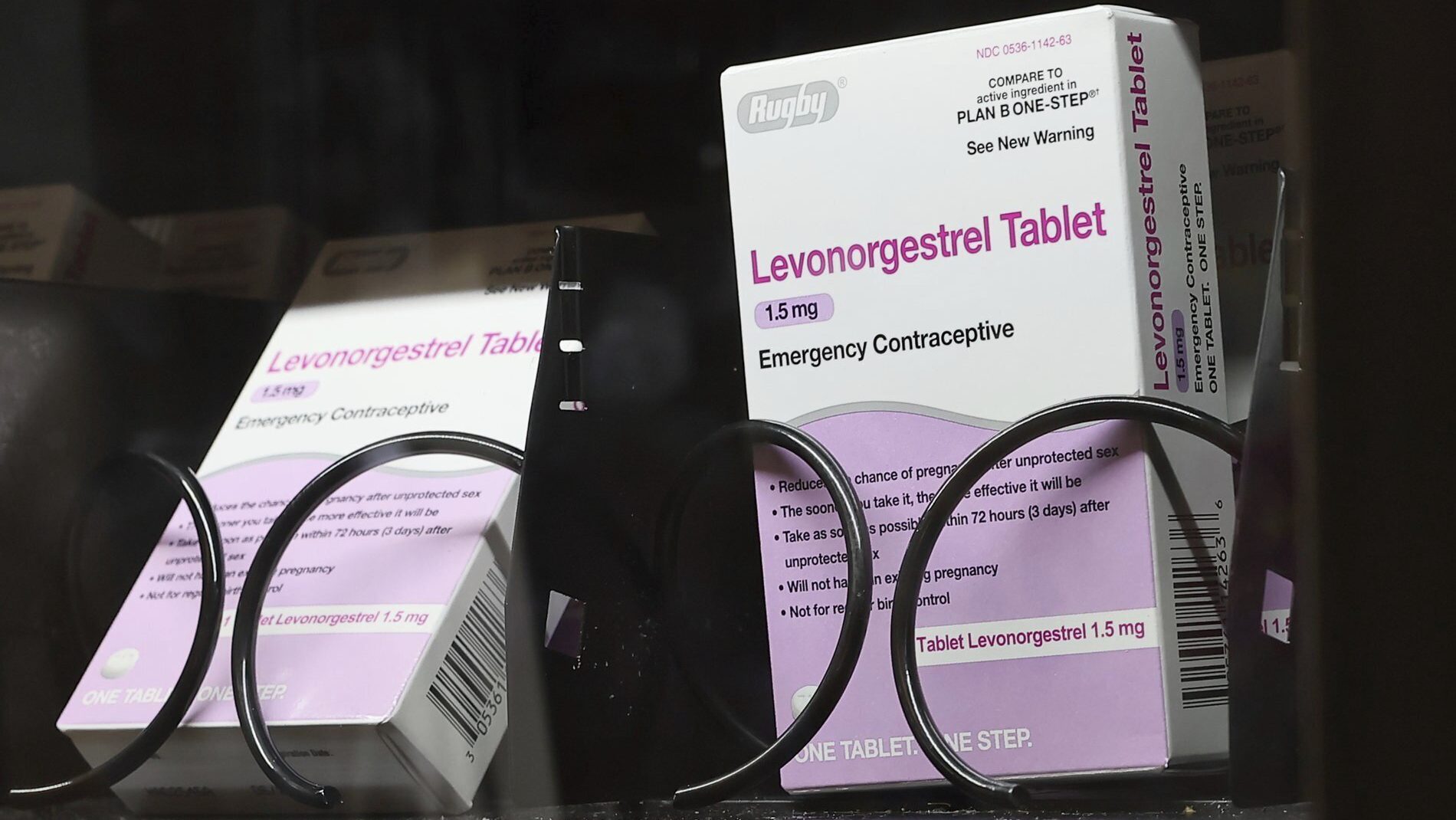Under a new rule proposed by the White House on Monday, millions would be able to pick up over-the-counter birth control methods for free.
WASHINGTON (AP) — Millions of people with private health insurance would be able to pick up over-the-counter methods like condoms, the “morning after” pill and birth control pills for free under a new rule the White House proposed on Monday.
Right now, health insurers must cover the cost of prescribed contraception, including prescription birth control or even condoms that doctors have issued a prescription for. But the new rule would expand that coverage, allowing millions to buy condoms, birth control pills, or “morning after” pills from local storefronts for free without a prescription.
The proposal comes days before Election Day, as Vice President Kamala Harris affixes her presidential campaign to a promise of expanding women’s health care access in the wake of the U.S. Supreme Court’s decision to undo nationwide abortion rights two years ago. Harris has sought to craft a distinct contrast from her Republican challenger, Donald Trump, who appointed some of the judges who issued that ruling.
“The proposed rule we announce today would expand access to birth control at no additional cost for millions of consumers,” Health and Human Services Secretary Xavier Becerra said in a statement. “Bottom line: women should have control over their personal health care decisions. And issuers and providers have an obligation to comply with the law.”
The emergency contraceptives that people on private insurance would be able to access without costs include levonorgestrel, a pill that needs to be taken immediately after sex to prevent pregnancy and is more commonly known by the brand name “Plan B.”
Without a doctor’s prescription, women may pay as much as $50 for a pack of the pills. And women who delay buying the medication in order to get a doctor’s prescription might jeopardize the pill’s effectiveness, since it is most likely to prevent a pregnancy within 72 hours after sex.
Gerren Keith Gaynor
TheGrio Staff
Haniyah Philogene
Maiysha Kai
Kay Wicker
Haniyah Philogene
Haniyah Philogene
Associated Press
If implemented, the new rule would also require insurers to fully bear the cost of the once-a-day Opill, a new over-the-counter birth control pill that the U.S. Food and Drug Administration approved last year. A one-month supply of the pills costs $20.
Copays prevent some women from purchasing birth control, the American College of Obstetricians and Gynecologists said in a statement that praised the newly proposed rule.
“Birth control is a critical part of so many of our patients’ lives, but the simple truth is that even with insurance coverage, the cost of copays can be prohibitive for many people,” the statement said.
Federal mandates for private health insurance to cover contraceptive care were first introduced with the Affordable Care Act, which required plans to pick up the cost of FDA-approved birth control that had been prescribed by a doctor as a preventative service.
America’s Health Insurance Plans, the lobbying group for private health insurers, said Monday it was reviewing the proposal.
The proposed rule would not impact those on Medicaid, the insurance program for the poorest Americans. States are largely left to design their own rules around Medicaid coverage for contraception, and few cover over-the-counter methods like Plan B or condoms.
More About:News
By TheGrio
By TheGrio
By TheGrio
By Chip Chick
By Chip Chick
By Chip Chick
By Family Proof
By Chip Chick
By Chip Chick
Weekly New Episodes
Stream Now
White House says health insurance needs to fully cover condoms, other over-the-counter birth control

